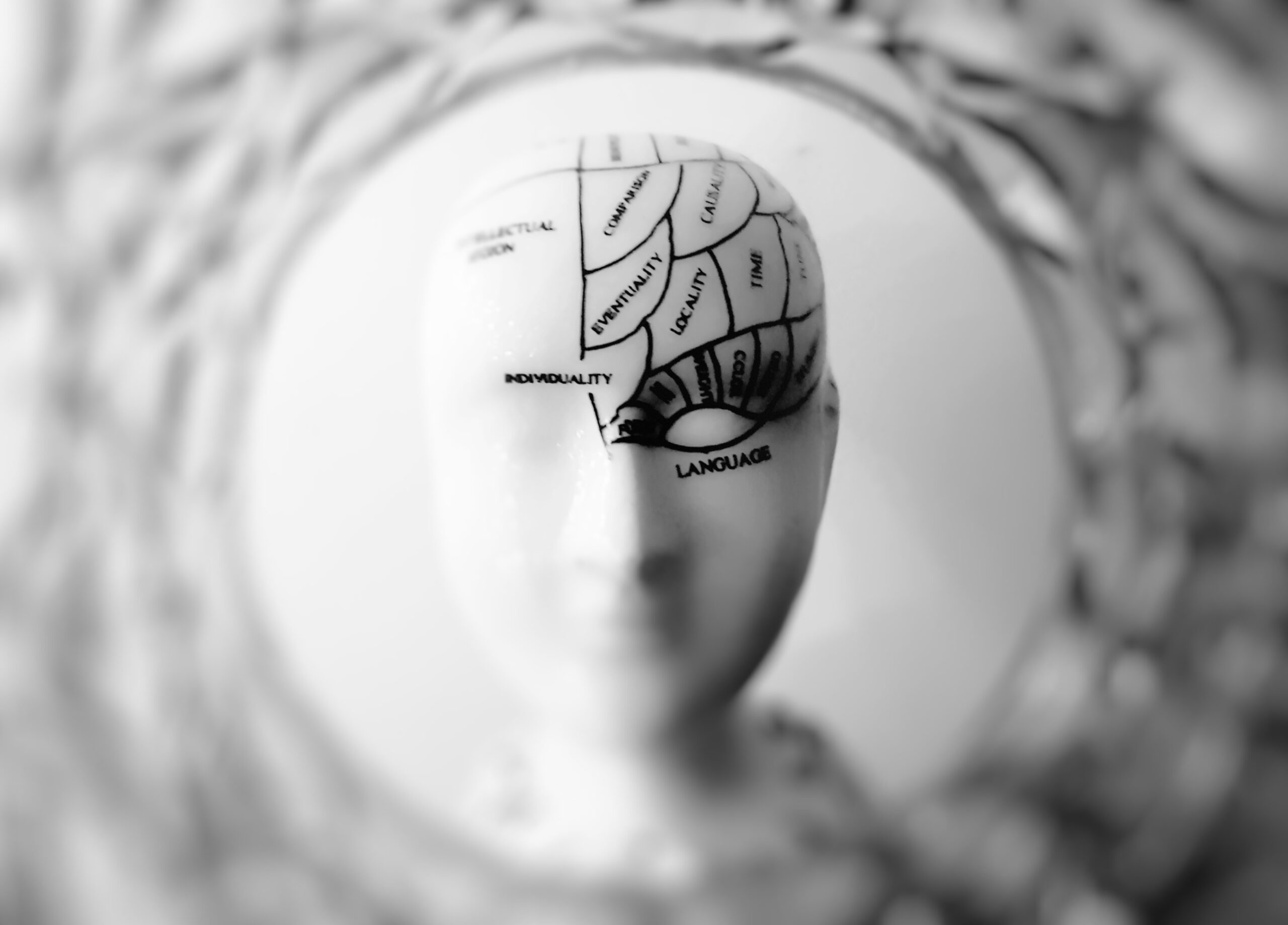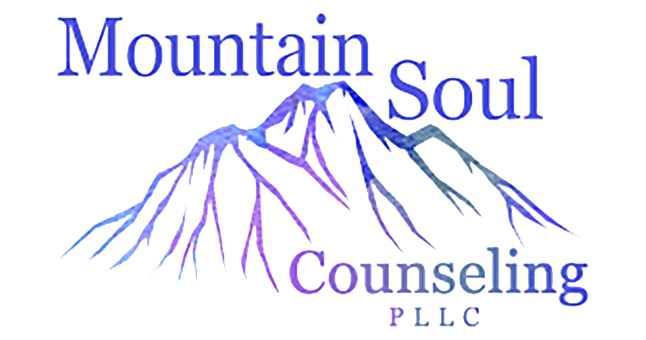Specialties
Therapy for Neurodivergent Professionals
Sylva, North Carolina.
“Having ADHD is like walking into a laundromat where all the washers and dryers are on but there aren’t any stop buttons, the attendants are all dancing wildly, and your favorite sweatshirt ends up shrunk and dyed.”- Sarah Mehta
“Oh, everyone has ADHD.”
“So, have you tried Adderall?”
“OMG, I am so ADHD.”
“You were so good in school, so you clearly can’t have ADHD.”
Anyone else cringing on the inside when you read this? Fun fact: these are all things I’ve heard from people in my life- and chances are, if you suspect you have ADHD or have been previously diagnosed, you have, too. This can be even 10x more amplified if you are trying to thrive in your professional world and are expected to perform like a neurotypical person.
What is neurodivergence, anyways? It’s a very fancy word for “my brain is different than your average human brain.” And research backs this, by the way- it’s not just a made-up thing. Identifying as neurodivergent means that your brain sees, processes, and learns differently from brains that are considered “typical.” And the truth is, neurodivergence has a very real impact on our behaviors, social lives, academic performance, work performance, relationships, parenting- you name it. Additionally, neurodivergence (particularly ADHD) is commonly misdiagnosed or overlooked- especially in female-identifying folx.

If you struggle with ADHD, you may notice that:
You’ve been told you are “too sensitive" because you feel things deeply and your emotions can get really big really fast.
Your energy levels are not consistent- you can get really intense waves of energy and be really productive, only to crash and become lethargic and unmotivated, and it's hard to predict your energy levels.
Sights, sounds, smells, or other sensory input can fuck up your concentration or mood.
You often feel overwhelmed because you can't figure out what stuff is most important out of the 80,000 things on your to-do list.
You procrastinate frequently and don’t get things done until the last minute (but you also notice this is where you can be the most energized and creative).
People talk to you, and you don’t hear a thing, even if you are trying with all your might to listen and keep up with the conversation.
Building relationships feels scary, and you often re-play social interactions in your head, fearing you've done something wrong.
Your thoughts race CONSTANTLY- there is rarely a moment where your brain is quiet.
You get side-tracked easily and can’t seem to get much done
(read: you go to start the laundry but see that the sink is full of dishes, so you start those, and then remember you haven’t finished your coffee and go searching for it, and the laundry never happens).
If you are a professional, you may notice that your work life looks something like this:
You notice that you talk a LOT and rather quickly, and when you talk, you often make fun of yourself in some way and/or don't usually make eye contact with whomever you're talking to.
You are usually behind on administrative work (aka paperwork, filing, answering emails, scheduling, making phone calls) and often avoid this stuff like the plague.
You get appointments mixed up frequently or make scheduling errors (double booking yourself or tasks on your schedule, forgetting that appointments exist).
You don’t complete tasks until right before a deadline (aka a meeting in 5 minutes).
Your brain can’t translate the “magic” of your work into professional jargon very easily.
Building relationships with colleagues can feel nerve-wracking and overwhelming.
You thrive with concrete expectations but struggle when needing to self-direct.
Your brain can get distracted or off track during meetings.
You start a lot of awesome projects or have ALL the ideas but struggle to follow through.
You leave interactions with colleagues wondering if they really understood you.
Your brain doesn’t boot up until the afternoon, but your job starts at 8:00am.
You often postpone boring work activities, such as mandatory trainings.
Your colleagues, students, or clients may describe you as “spacy.”
Therapy for ADHD can help you:
Make connections between how your brain works and how it impacts your daily life.
Your desk looks like the aftermath of a tornado.
Validate your experiences.
Process the emotions that come with an ADHD diagnosis- such as shame, grief, or anger
Develop skills to support slowing down your brain and body.
Feel empowered about your unique brain and behaviors.
Create a life that is built for you and your brain and actually works for you.
Learn strategies tailored for you to support with professional performance.
Other Services
Office
1294 Savannah Drive, Suite 3, Sylva, NC 28779
Office
(828) 547-3790
Monday to Thursday : 11am – 5pm
